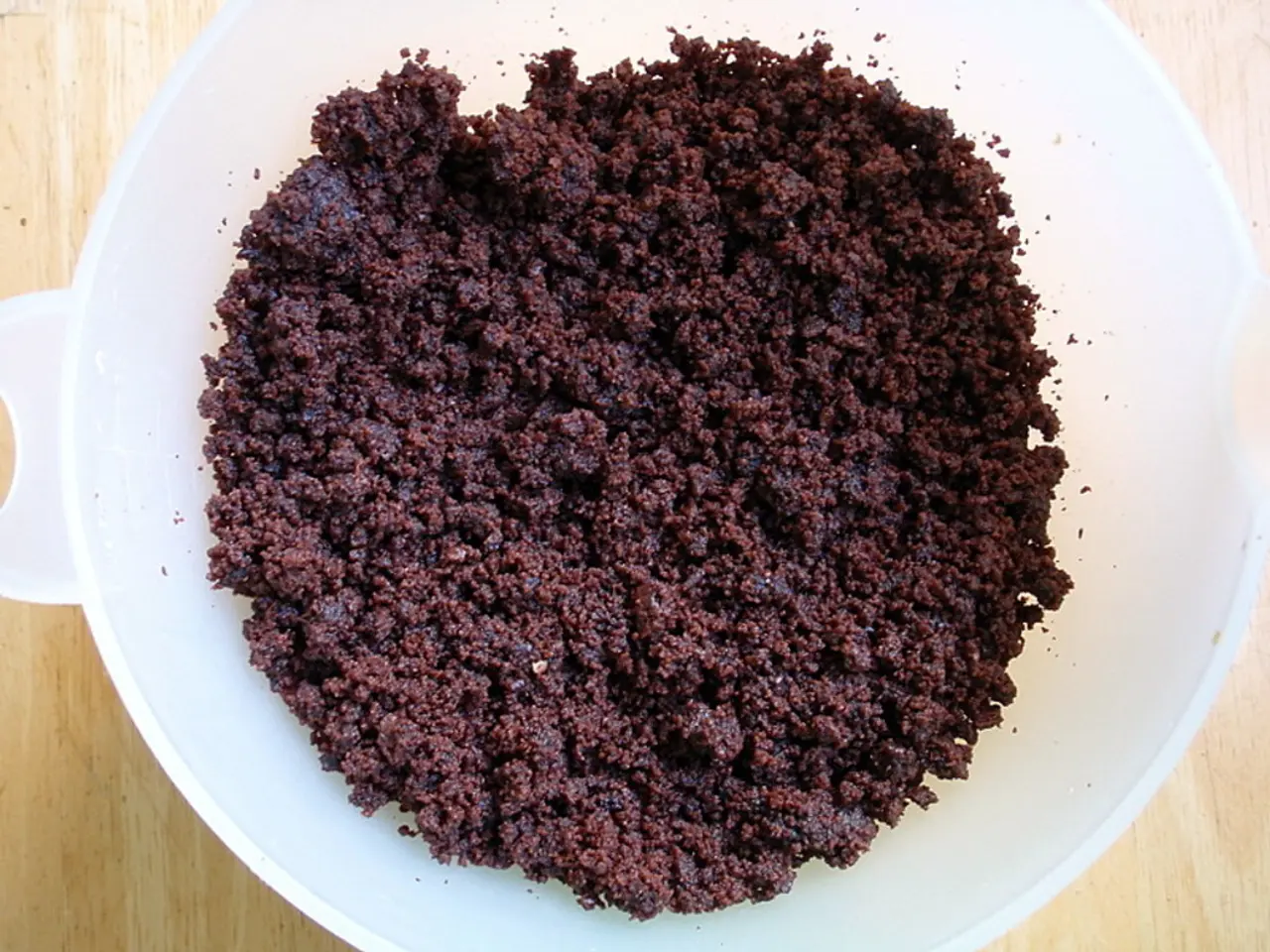Intestinal Polyps in IBD: Characteristics, Symptoms, Diagnosis, and Treatment Strategies
Inflammatory bowel disease (IBD), specifically Crohn's disease and ulcerative colitis, can lead to the formation of benign mucosal projections known as IBD pseudopolyps. These non-neoplastic formations occur due to repeated cycles of inflammation, ulceration, and healing of the intestinal mucosa.
Symptoms
While pseudopolyps themselves often do not cause distinct symptoms, they are markers of chronic or past inflammation in the bowel. Symptoms in patients with IBD typically relate to the underlying disease activity rather than the pseudopolyps specifically. These symptoms may include abdominal pain or cramping, diarrhea (sometimes bloody), weight loss, fatigue, rectal bleeding (particularly in ulcerative colitis), and general signs of systemic inflammation such as fever or elevated inflammatory markers.
Causes
The cause of pseudopolyp formation is the chronic inflammatory process in the bowel. In Crohn's disease and ulcerative colitis, repeated mucosal injury and ulceration occur, followed by healing and regeneration. This cycle leads to the formation of areas of regenerating mucosa protruding as pseudopolyps amidst ulcerated mucosa.
Diagnosis
Diagnosis of IBD pseudopolyps involves a combination of clinical evaluation, endoscopic examination, histopathology, and imaging. Endoscopy (colonoscopy or ileocolonoscopy) allows for the visualization of pseudopolyps as irregular, often multiple raised mucosal projections within inflamed colonic mucosa. Biopsies are analyzed to differentiate pseudopolyps from true neoplastic polyps or dysplasia, showing inflammatory and regenerative tissue rather than dysplastic cells. Laboratory and imaging studies assist in assessing the extent and severity of IBD, but pseudopolyp diagnosis hinges on endoscopic and histologic findings. Imaging techniques such as MR enterography can help evaluate small bowel involvement, especially in Crohn's disease.
Treatment
There is no direct treatment for the pseudopolyps themselves; management focuses on controlling the underlying IBD inflammation to prevent further mucosal injury. Medical therapy includes anti-inflammatory drugs such as aminosalicylates, corticosteroids, immunosuppressants, and biologics (e.g., anti-TNF agents) to reduce active inflammation. Regular colonoscopic surveillance is important, as pseudopolyps may obscure mucosal visualization; careful monitoring is necessary to rule out dysplasia or cancer. In some cases, large pseudopolyps may require endoscopic removal if they cause symptoms or obstruct the bowel. Surgery may be considered for refractory disease or complications but is not specifically directed at pseudopolyps.
Since pseudopolyps are inflammatory consequences rather than precancerous lesions, they themselves do not typically require removal unless symptomatic or if suspicion of neoplasia arises. Individuals with IBD pseudopolyps need to maintain regular communication with their healthcare team to monitor for dysplasia and colorectal cancer risk associated with chronic IBD.
In summary, IBD pseudopolyps are benign inflammatory mucosal projections found in Crohn's disease and ulcerative colitis due to repeated cycles of bowel inflammation and healing. They are identified via endoscopy and biopsy. Treatment targets the underlying disease activity, and pseudopolyps warrant surveillance primarily to monitor for dysplasia and colorectal cancer risk associated with chronic IBD. Biologic medications, such as anti-tumor necrosis factor (TNF) agents, may help reduce inflammation, manage symptoms, and prevent the formation of pseudopolyps. The presence of IBD pseudopolyps may indicate severe IBD that necessitates a more aggressive treatment approach. Diagnosing IBD pseudopolyps involves a sigmoidoscopy or a colonoscopy, which can help identify any abnormalities, including pseudopolyps. Individuals with IBD pseudopolyps need to maintain regular communication with their healthcare team. Episodes of inflammation in the colon can lead to the formation of IBD pseudopolyps. Crohn's disease and ulcerative colitis are conditions that cause chronic inflammation in the colon. IBD pseudopolyps have distinct characteristics that set them apart from cancer-causing polyps. A doctor can offer advice and support if a person experiences increased stress, anxiety, depression, or other mental health concerns due to managing a chronic condition such as IBD. If the severity or frequency of IBD symptoms increases, it could be a sign of disease progression or complications that require further evaluation and management. Individuals with IBD pseudopolyps may experience various symptoms such as rectal bleeding, abdominal pain, and changes in bowel habits. If individuals experience new symptoms or if existing symptoms persist despite ongoing treatment, it is crucial to seek medical attention. IBD pseudopolyps can provoke serious complications such as intestinal blockages. The exact causes of IBD pseudopolyps are not fully understood, but they are closely associated with underlying chronic inflammation in the gastrointestinal tract. IBD pseudopolyps are areas of regenerated mucosa, not true polyps. Surgery may be required to remove the affected portion of the colon and address any associated complications.
- Maintaining good cardiovascular health through fitness and exercise, nutrition, and regular check-ups will help manage chronic diseases like IBD and reduce the associated risks.
- The science of health and wellness emphasizes the role of nutrition in promoting gut health, which is essential in managing IBD-related chronic conditions such as chronic-kidney-disease.
- A diagnosis of chronic-diseases like IBD or any medical-conditions requiring colonoscopies should include comprehensive counseling on the potential psychological effects and coping mechanisms.
- The existence of pseudopolyps is a marker of IBD, which can increase the risk for cancer, necessitating regular surveillance and health monitoring.
- Pseudopolyps, while not neoplastic, should not be ignored as they can obstruct the bowel and lead to serious complications like cancer or growths requiring medical intervention.




